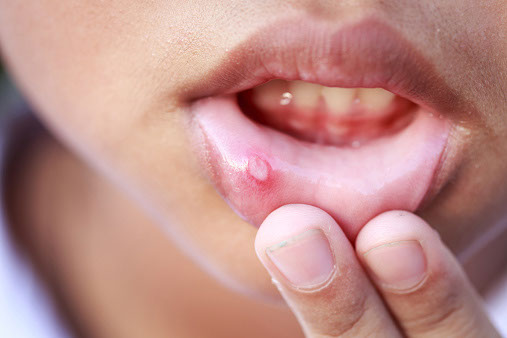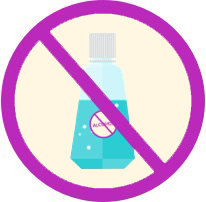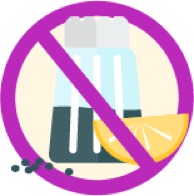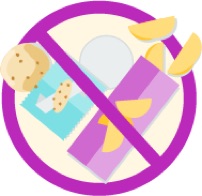 Mouth Sores (Mucositis)
Mouth Sores (Mucositis)Mouth Sores (Mucositis)
Potential causes of mucositis
Some chemotherapy medications and radiation therapy can cause swelling and irritation of the lining of the mouth, esophagus, stomach, intestines, and anus. This irritation may lead to sores, also known as mucositis.
Signs and symptoms of mucositis
Your child may have mucositis if:
- The inside of their mouth appears red, with sores that are open and painful
- They drool or have difficulty swallowing
- They do not want to eat or drink
Treating mucositis
Unfortunately, there is no medicine available to make mouth sores go away. Your child’s healthcare team may prescribe a special mouthwash as part of their oral routine, along with pain medication to help with any pain your child may have.
 Mouth sores may occur during your child’s neuroblastoma treatment.
Mouth sores may occur during your child’s neuroblastoma treatment.Managing mucositis at home
To help prevent and manage mucositis for your child, you can help by having them:

Please call your healthcare team if your child is unable to drink fluids, has difficulty swallowing, or if their pain medicine does not seem to be helping.
Learn about the signs and symptoms of other common side effects of treatment and how the healthcare team may manage each.




